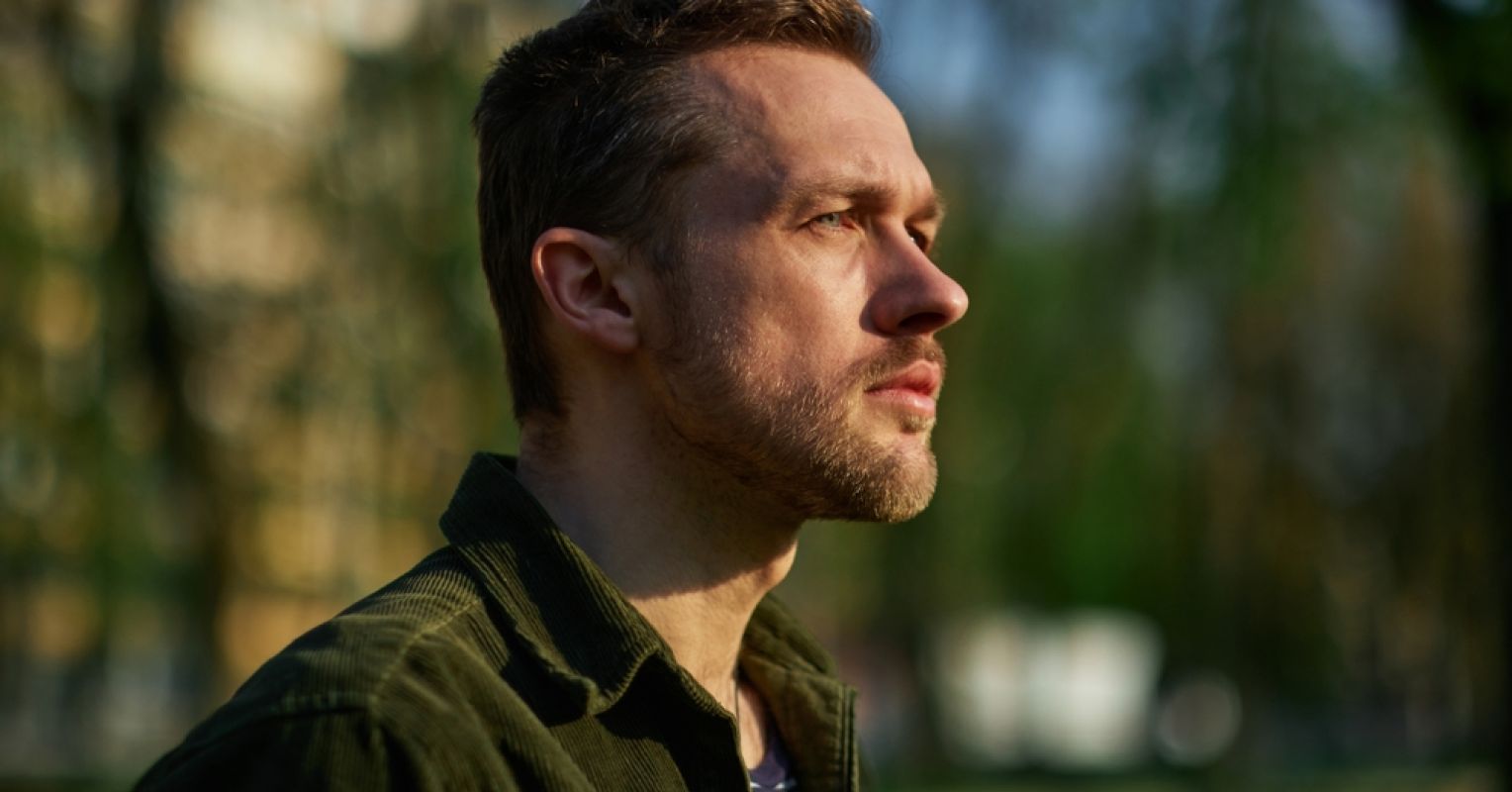Daylight63
Verified User
If you want to believe evolution gave us a conspicuous and palpable sense of self-identity and self-awareness as an illusion, that's your choice.
And you are free to ignore all the science discussed on this topic. That's your choice.
I tend to think evolution is not out to trick us.
No one said that. But you seem incapable of understanding what was actually written. I wish I could explain it more clearly to you but your bias is pretty severe.


